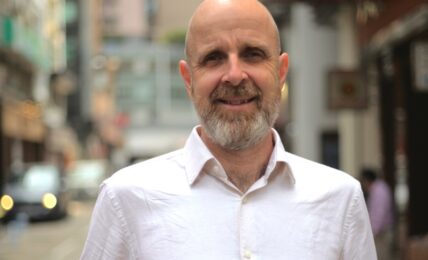HSBC Asset Management announced the launch of the first vintage of its Global Transition Infrastructure Debt strategy, aimed at providing investors with opportunities to finance infrastructure assets facilitating the transition to net zero, in sectors such as clean power, energy efficiency and clean industry.
The firm said that the new strategy is rolling out with more than $240 million in client commitments already in place.
According to the product disclosures on HSBC AM’s website, the new Global Transition Infrastructure Debt will lend to both infrastructure projects and corporates, with a focus on mid-market borrowers in investment grade countries in Europe, North America, and the APAC region, targeting loans contributing to greenhouse gas emissions reduction, and the global transition to net zero by 2050. Sectors targeted by the fund will include renewable energy, critical minerals and metals required to produce renewable energy, electricity storage, distribution and transmission, and carbon capture and storage facilities.
The fund’s investment team will also use an engagement strategy with the infrastructure debt investees on ESG and credit matters, according to the disclosure, including engaging with borrowers at least annually to understand and assess their sustainability commitments, and progress on ESG targets and net zero pathway.
Scott McClurg, Head of Private Credit at HSBC AM said:
“We believe in the vital role that substantial and sustained investment in infrastructure will play in the transition to net zero. Our Global Transition Infrastructure Debt strategy provides clients with the opportunity to contribute to, and benefit from, the shift towards a more sustainable global economy while aiming to deliver compelling returns.”



